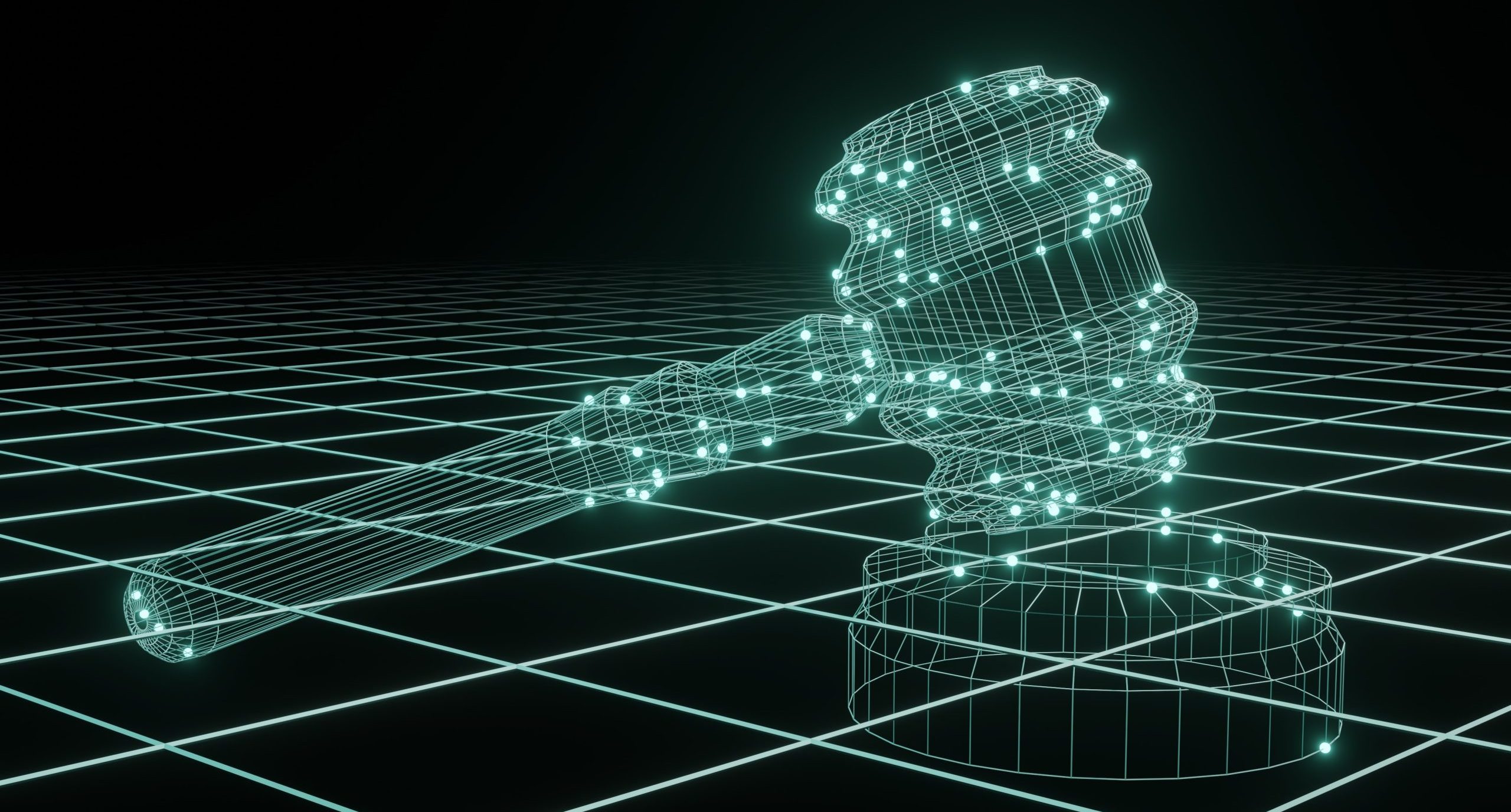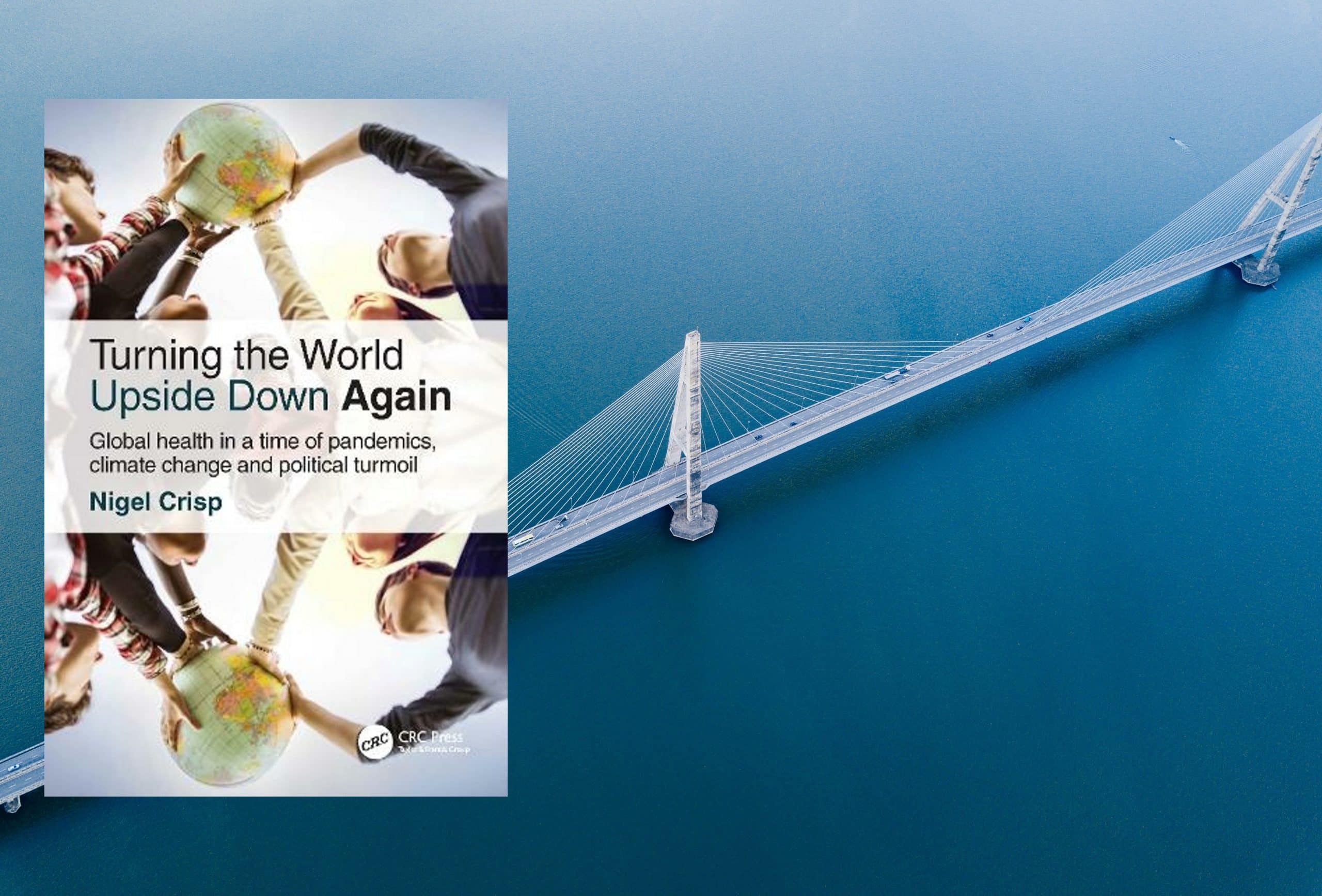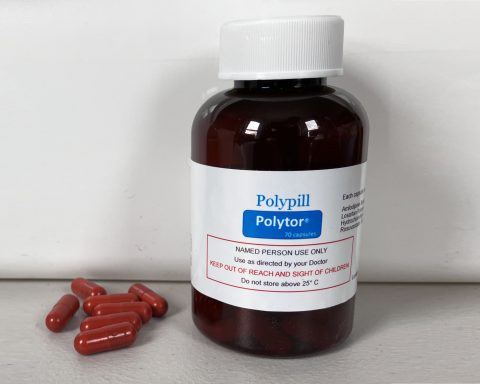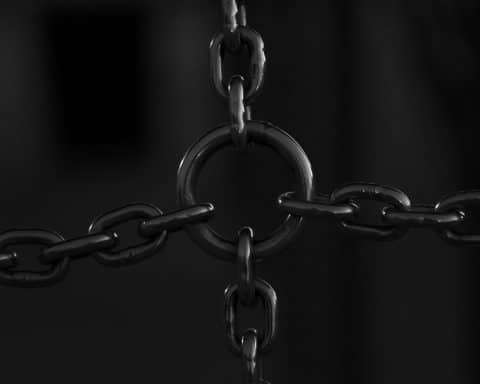Bhupinder Goraya is a GP who “left the coalface to explore the deep”. He is now a professional coach and promotes ways of thinking about practice that result in emotional resilience and stability.
Gaining and maintaining a licence to practice takes grit, determination, hard graft and gonads of steel. So it’s appropriate that we occupy the throne of power within the consultation. The clinical courtroom is in session. Cases are heard and sentences such as prescription or investigation are handed out. In the case of either, we hold no personal responsibility. We just do as the statute says.
So we really need to examine the cases that set the precedent. Let’s examine a blockbuster from the ’80s. The Headline. ‘A molecule has been discovered that holds much hope for the complete eradication of peptic ulcer-related surgery’. We may not have a clue about molecular physics but by calling it biochemistry we’re happy to play in the sandpit in front of us so lovingly created by big pharma. Some lab rat somewhere lived a life with a pH monitor in its gut and leads running out of its nose or mouth. May that life have not been lived in vain, may that cruelty not go wasted. It’s imperative we make the leap to humans.
Whether you get better or worse really doesn’t matter. Just go about things as you normally would and make normal decisions such as seeking medical help if things get bad.
It’s Randomised Control Trial showtime and so we now have to instruct our blinded subjects. So we don’t know what we’re giving out, they don’t know what they’re receiving, we’re all part of the blinding. So the instruction will be along the lines of ‘Just take the pill and don’t worry at all about your symptoms. Whether you get better or worse really doesn’t matter. Just go about things as you normally would and make normal decisions such as seeking medical help if things get bad.’
In real life do we tell our patients to be neutral to things getting better or worse? We know that the drugs work when there is no expectation of them working. Does the same hold true when we expect them to work? Surely expecting them to work can only empower the process. With holidays I’ve come to realise the less I expect of them the better they are. When I set high expectations I’m only disappointed. So superficially it may seem that pushing a high expectation of success can only be empowering, mind over matter and all that. But no trial has ever shown 100% efficacy and so our empowerment has no basis in reality.
Mindful of this the clinical judge sets out the stage as it was in research but nuanced. Something along the lines of ‘Modern medicine relies heavily on statistics, so giving this medicine helps more people than doing nothing but it doesn’t help everyone. Will it help you? I really can’t say. Just keep an open mind with no expectations and hope you’re in the lucky group whom it helps’.
So whilst the clinical judiciary all sings to the same hymn sheet, judges have some personal freedom to prescribe harshly or leniently. Some love the absoluteness of town hall prescribing guidance, price-driven local dictact, and impose it with relish. Others largely ignore such guidance and prescribe what the patient most desires. Where we lie on the spectrum is critical to our own mental and emotional health. Patients arise in our waking reality but they leave by entering our subconscious. If they leave happy, our subconscious is nourished by their delight.
If we feel intense irritation emanating from the patient then we are being perceived in deeply negative ways, either as useless or arrogant or both. The clinical judge is always mindful of the patient’s sovereignty and respects any judgements that arise from it. When cast as useless and arrogant it’s natural to respond by trying to prove our worth. We will never eradicate ageing, sickness and death and so some degree of uselessness must be acknowledged. Yet we make great claims that we will beat cancer, heart disease etc which does smack of arrogance.
So there’s not much we can do about our fundamental impotence around decrepitude and death. We could work on our arrogance though. The statistical basis for drug efficacy really puts us in charge of a casino. For a given patient we are the croupier and completely ignorant as to whether the prescription we are dealing is a winning or losing hand. Overall the house is set up for the patient to win which we mentally translate to a win every time.
The clinical judge accepts they’re useless to the heartsinks’ and that the whole endeavour of general practice is becoming a heartsink. Being all too keen to throw molecular physics at the problem have we ever considered exploring the physiology of thought? So patients come to us with speeches rehearsed, it’s now time to see what the audience makes of it. The more animated the performance the greater the likelihood of an oscar.
In our personal lives we shy from sharing when things are really bad, why pollute others with our misery? Society’s solution is the consultation, which is undoubtedly a sacred space, a confessional booth where what’s really going on can be openly shared.
It’s frankly rude to interrupt a performance where the actor is also the writer and director, it fundamentally messes up the physiology. Just the act of expression is healing. In our personal lives we shy from sharing when things are really bad, why pollute others with our misery? Society’s solution is the consultation, which is undoubtedly a sacred space, a confessional booth where what’s really going on can be openly shared. Swimming in the shark-infested waters of cancer, cauda equina etc we are an actor too but the writing and directing all come from on high. Naturally, when the plot takes a juicy turn, chest pain, for example, we’re in like a shot. Our performance takes over and perhaps the patient never arrives at what really wanted to be said.
To avoid this we formally set the stage by telling the patient here’s a five-minute timer on my phone. I promise not to interrupt during this time. I’ll have to step in at five minutes. Off you go, you can tell me anything and everything. Work through a list if you have one. During these five minutes, we simply focus physically on our breath and mentally on the performance. Naturally, sharks will arise and a deep desire to write a note will compel you to do so. Just as you would answer your mobile during a performance of Shakespeare.
Sharks have a habit of swimming away when faced with the truth of the breath. But some will bite deep and hard and remembering will really not be an issue. But five minutes is actually a wealth of time. Something may bite hard in the opening to be found irrelevant in the context of the much deeper psychosocial issue revealed by this meditative listening.
But who in hell has got the time for 5 minutes a patient? It’s hopefully under two minutes from start to finish in triage. So the meditation is just a quick five minutes at the end of the morning or evening. The congregation has been gathering in our subconscious. We allow our mind free reign to go where it will. Whilst we are trying to focus on the breath it’s entirely legitimate to worry about the kids, for the full five minutes. We’re just releasing the worry that’s been poured into us these last few hours.
We have acted as an impartial receptacle for a number of different stories and situations. If in the consultation we continually bear in mind we are useless then power struggles generally don’t arise. We try our best to meet expectations. If a request cannot be met it’s really important for the delivery of our position to be supremely gentle. Some come in looking for a fight, sometimes a fight breaks out despite a good start. We feel the patient has reached an unreasonable conclusion to the facts and on that basis makes unreasonable requests. However they are making us feel we are making them feel the same way.
We mentally draw on the evidence base or first principles and so don’t care about how we are being perceived because we know we’re right. But in their mind the patient is equally right. A departure under these circumstances should really be avoided at all costs. Otherwise, the patient will wander off into our subconscious with the opinion ‘what an arrogant so and so’ Like a dog with a bone, the patient will chew over this thought in the hours that follow and lament that someone in a caring role could care so little. So we have to allow a deep disappointment to overwhelm us. We have to be deeply disappointed that we are the bearer of such bad news. Whilst it may just be a rejected request for an x-ray, deliver it as a full-blown diagnosis of widespread metastatic cancer. This is how it’s being received and the anger is arising because we’re giving off the vibe ‘it’s really a no-brainer you’ll be dead in three weeks and quite frankly I don’t give a damn’
So in the cocoon of their own mind, the patient’s performance ends in rapturous applause and flowers thrown on stage. This equates to every symptom being acknowledged as serious and amenable to prescription or investigation. The truth is many trivial symptoms could be the start of a serious underlying cause whereby prompt diagnosis and treatment could be life-saving. By virtue of the fact they’re in front of us, patients are clearly concerned and probably thinking along these lines. We don’t really help the situation by sowing a fundamental distrust of the body by advertising the dangers of cancer, stroke and heart disease widely in public.
In deep meditation, we experience directly that the only real antidote to fear is faith. By placing our faith in investigation and prescription we see these growing exponentially year on year.
So really we’re in the business of processing fear, both real and imagined. In deep meditation, we experience directly that the only real antidote to fear is faith. By placing our faith in investigation and prescription we see these growing exponentially year on year. This only reveals the highly addictive nature of faith. By faith, I mean the energy that arises when we hold the word ‘faith’ in mind.
So fear and faith are in an eternal battle, whilst faith should respect fear, fear only respects its own opinion but will be briefly subdued by the objective investigation. So when a good-going fear pitches up it’s natural to do battle by wading in heavy with faith. ‘I know this will work, it just so happens I was on a course last week and this very topic came up. This really is the latest approach.’
In defence of modern medical education, the blunt truth is that H-2 receptor blockers were ruthlessly efficient at eradicating peptic ulcers whatever you thought about their likelihood of working. We had breached a physiological threshold whereby our pharmaceutical interventions became exponentially more powerful and effective at disconnecting body from mind. Bio became all powerful and psychosocial fell by the wayside. The following decades saw clinical pharmacy become the prevailing pursuit of the family doctor.
In 1957 when ‘The doctor, his patient and the illness’ by Michael Balint first came out, we were not wholly lost in a pharmacological world of our own creation. This seminal text revealed in depth the psychological dynamics of the doctor-patient relationship. Balint’s psychotherapeutic approach was insight based and therefore spiritual in nature. It was based on individual case studies in which the sanctity of the consultation was maintained by the absence of third-party observation.
In Balint’s words
‘Whereas in this book I was mainly concerned with the demonstration of the importance of “listening”, as distinct from the traditional medical history taking, recent research, especially by my wife and myself, led us to isolate and define two more aspects of the psychotherapist’s tasks, which are-of course-no new discoveries. These are “understanding” and “using the understanding so that it should have a therapeutic effect”’
Reference
Balint M, The Doctor, His Patient and The Illness, Churchill Livingstone; 2nd edition (8 Feb. 2000), ISBN: 978-0443064609
Featured image by Conny Schneider on Unsplash








